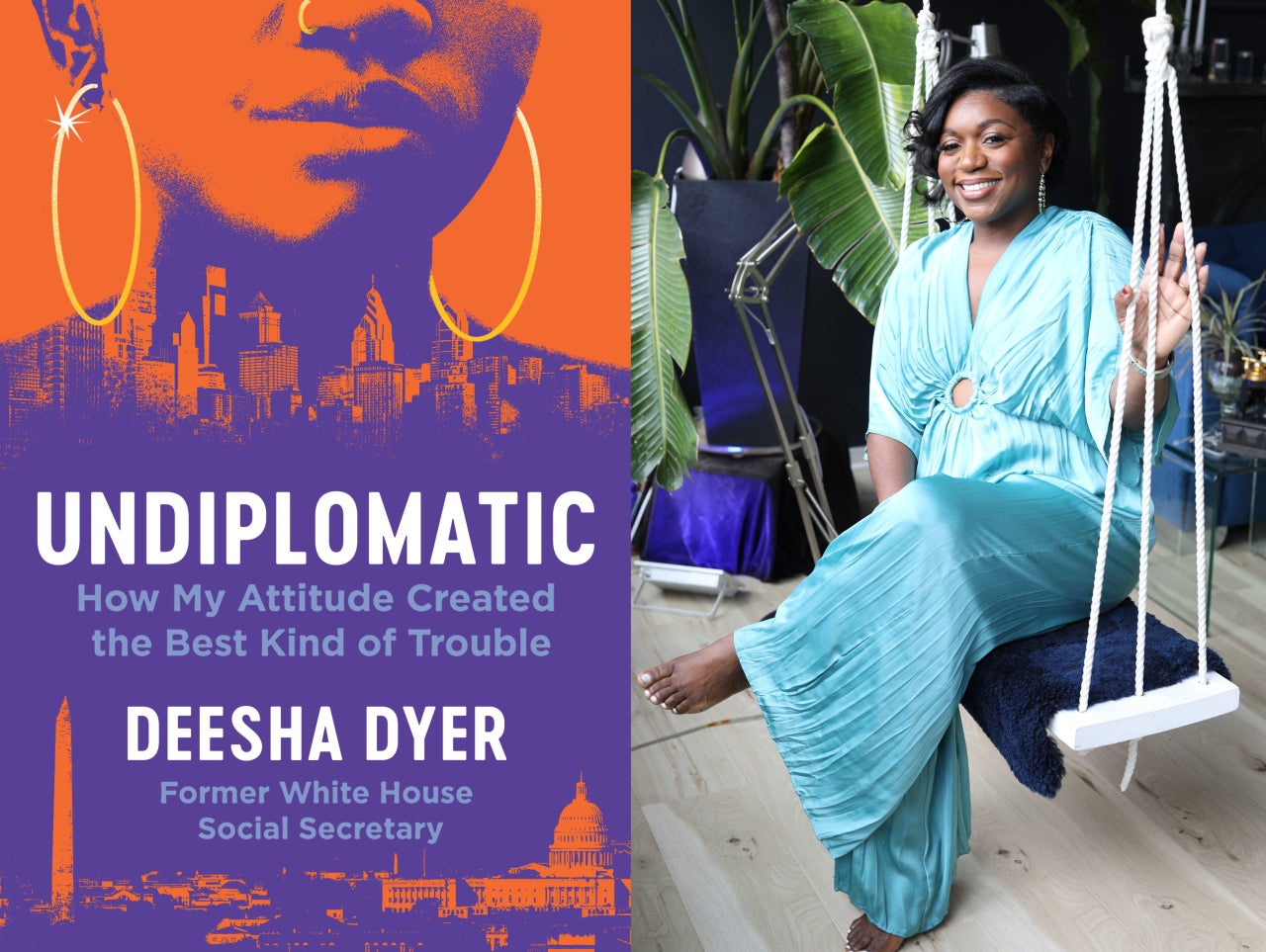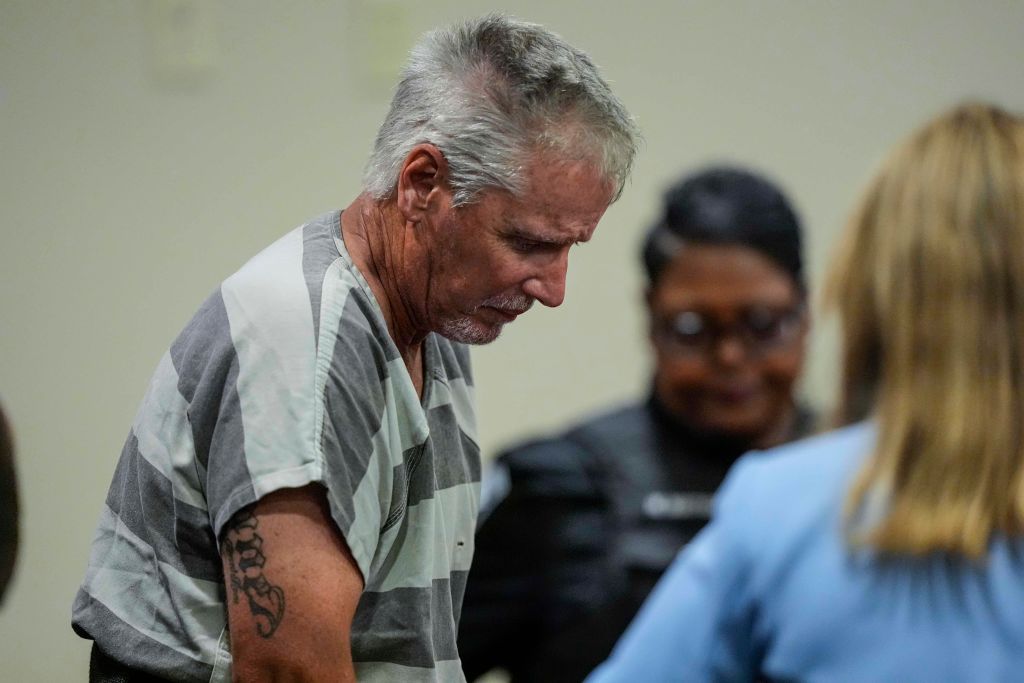How did a former hip-hop journalist without a bachelor’s degree land one of the most exclusive positions working for America’s first Black president? Deesha Dyer, the former White House Social Secretary for President Obama, explains how in her new book, “Undiplomatic: How My Attitude Created The Best Kind of Trouble.
Dyer sat down with ESSENCE, about her new book, navigating a unique career path, and how she tackled imposter syndrome. “I really want to speak to women, especially Black women, about their worth and about being deserving.”
When asked about what advice she’d have for others, Dyer’s advice for those pursuing goals was, “don’t discount yourself,” especially in politics. We need people that think differently, that have worked in different industries, that have different experiences.”
“I didn’t know what the right way was. College wasn’t pushed from my parents. It was ‘don’t go to jail and don’t get pregnant,’” Dyer shared. “Once I applied for the White House internship and I was pretty sure I wasn’t going to get it because they’re looking for the people that have taken the more traditional road. I was saying to myself, I fit this. I fit the application. I’m in college, I’m a community leader, my taxes are paid off, so I knew that I was qualified that way.”
Dyer’s ambition paid off in 2009 while she was a 31-year-old student at the Community College of Philadelphia and became a White House Office of Scheduling and Advance intern. A year later, she was brought on full-time as Associate Director for Scheduling Correspondence before ascending to her next position as Deputy Director and Hotel Program Director. In 2013, Dyer became the Deputy Director and Deputy Social Secretary before being promoted again two years later in 2015 to Special Assistant to the President and Social Secretary.
“Number one, give yourself grace and compassion when you feel like an imposter in places and jobs and positions,” said Dyer. “Of course, there’s going to be a little bit of a learning curve, because we’ve never been there before. This is all new to us. Be honest about what you know and what you don’t know. It might look like everybody else knows what they’re doing. But maybe they’ve been there longer, maybe they were given instructions.”
As an award-winning event strategist, speaker, founder, CEO, leader, community activist, and now author Dyer wears many hats, but was adamant about rejecting the “strong Black woman” trope. She shared how she never subscribed to that motto, but was forced to change her lifestyle after being diagnosed with high blood pressure, hypertension, and type two diabetes. “That changed everything for me, because when I was at the White House, I had to go to the hospital,” Dyer revealed.
“I think that a lot of times imposter syndrome plays into that because we just feel like we have to keep proving ourselves and we have to show people that we’re there, we’re dedicated, we’re qualified. And what I would say is that I no longer believe in that for health reasons,” says Dyer. “My physical health was affected, it wasn’t just my mental health, and where the trope comes from is feeling like we’re not allowed to rest.”
“In one of the chapters of the book, I talked about how I put my job, and this perception of me before my health, and it didn’t end well,” Dyer said. “I go right to the extreme with this conversation because sometimes people don’t get it. I have to wear a monitor on my arm, and that shows me every day—look what happened when you did do that, because I was so busy trying to make sure that I proved myself, didn’t look lazy, and that I looked really smart.”
“You’re going to be an outcast sometimes. You have to deal with the consequences of not belonging or the consequences of people talking about you. But, if you walk in your truth, that’s the most important thing,” stated Dyer. Ultimately, “the message I would say is ‘you’re so loved, beyond measure.’”







